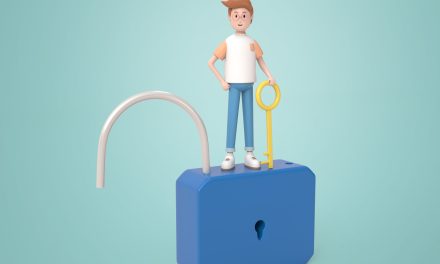It’s time to hop off the Procrastination Train. Your future self will thank you!
Do you often say, “I’ll get to it tomorrow…” or “I work better under pressure”? If this sounds familiar, hello there, procrastinator!
There’s nothing inherently “bad” about procrastination. However, it can seriously impact your work ethic and even your confidence in your own talents and skills. For example, watching a video on YouTube when you have a deadline in three days is a minor case of procrastination. But only starting that work on the morning of the deadline? Now that’s a big problem.
Quick Read:
- Procrastination means (often unnecessarily) delaying work, projects, and assignments, leading to last-minute pressured situations to make deadlines.
- People procrastinate for many reasons, and it can be tiny, little instances or flat-out ignoring all alarm bells.
What is procrastination?
Procrastination is the habit of delaying tasks or decisions, often choosing to do less important activities instead of tackling higher priority work. While it might seem harmless, procrastination can stem from deeper issues and have significant consequences.
Some people procrastinate because they’re afraid they might fail. This fear can create a safety net: if things go poorly, they can blame the lack of time rather than their ability.
Others struggle with self-doubt, believing they’re not good enough at their job and that their shortcomings will be exposed. Procrastination offers a way to avoid confronting these feelings. Sometimes, procrastination arises from not knowing where to start or how to approach a task.
For some, the thrill of working under pressure is a motivator. They enjoy the rush of completing tasks at the eleventh hour and may feel they perform best this way. While procrastination might feel like a temporary fix, it can harm your career by affecting productivity, the quality of work, and professional reputation. Recognising the reasons behind procrastination is the first step toward overcoming it and unlocking your full potential.
The pitfalls of procrastination
Rushing to get things done at the last minute can take a toll on your mental health. You may be setting yourself up for constant emotional highs, panic disorder, and anxiety attacks. The effects of procrastination aren’t just a missed deadline, medical experts believe it could lead to health issues like hypertension and cardiovascular disease.
From a study, “Evidence suggests that putting off important tasks causes stress, and this additional stress contributes to negative psychophysiological impacts on the body which increase our vulnerability for illness. Previous research has linked chronic procrastination to a range of stress-related health problems such as headaches, digestive issues, colds and flus, and insomnia.”

Your reputation matters
At work, procrastination can leave your boss or manager with a bad impression of you, making them question your work ethic and capabilities. Being known as a procrastinator can affect your long-term potential at work – promotions, salary increases, awards, and good recognition.
Consider your own time too, leaving everything to the last minute means you have to reshuffle other personal and professional responsibilities. Maybe you’ll need to miss a special event because you must spend that time working when you could have completed the work ahead of time.
What about your colleagues? Your procrastination doesn’t happen in a vacuum, it can affect others, especially on group projects. You may earn a reputation of being flaky, unreliable, irresponsible, and inconsistent.
Help at hand
So, what can you do to start being proactive? Think about it like this. How do you eat an elephant? One bite at a time.
People often procrastinate because something seems overwhelming so try not to focus on the entire work – take one bite at a time. And don’t forget to ask for help! No one knows everything, and that’s a guarantee. If you don’t know an aspect of your work, ask your manager, a colleague or research it yourself. And then apply it to the work.
Remember, procrastination has its pitfalls and can actually do a lot to stagnate your career progress.
Images: Freepik



















